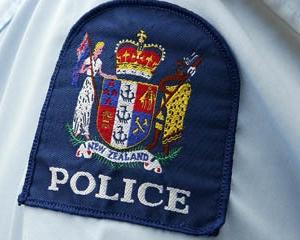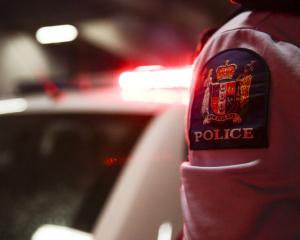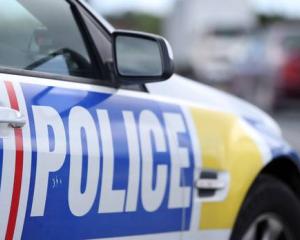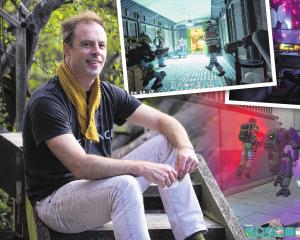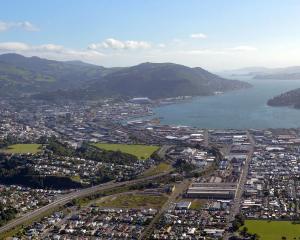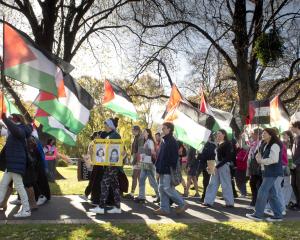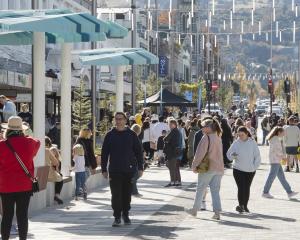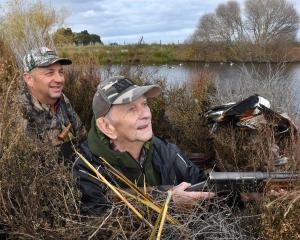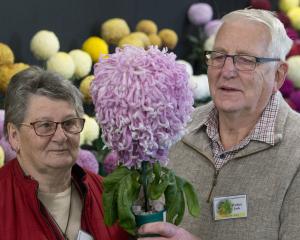Orokonui Foundation chairman Sir Julian Smith, speaking in the Heritage Room at the Scenic Southern Cross Hotel, introduced a 6-year-old tuatara to about 60 guests at the foundation launch.
Sir Julian said the foundation was the ''brainchild'' of the Otago Natural History Trust, which manages the ecosanctuary.
Sir Julian said he was ''enthralled'' to be asked to be the foundation chairman because the ecosanctuary was a ''significant city asset''.
The ecosanctuary was mostly funded by paying visitors and the Department of Conservation, which made it vulnerable to change, he said.
''Being highly dependent on government funding is not a sustainable future model. Government funding at the best of times can be fickle,'' Sir Julian, managing director of Allied Press, the publisher of the Otago Daily Times, said.
The foundation would raise capital so it could ''stand on its own feet'' and pay for core staff salaries and maintenance costs.
Secretary Ross Smith said the foundation was aiming to raise $3 million from donations and bequests.
The interest earned on $3 million would cover the salary of the ecosanctuary conservation manager and general manager, he said.
With the key staff and volunteer workers, the ecosanctuary could continue, he said.
Trustee Neville Peat said yesterday was the fifth anniversary of the ecosanctuary opening and becoming part of an ecotourism industry worth about $100 million to the Dunedin economy.
''It is the flagship biodiversity project for the South Island.''
The ecosanctuary was an area of forest and valley in Waitati about 3km long and 1km wide and was being restored to how it might have been before the arrival of humans. In the past five years, several ''lost species'', including the South Island kaka, South Island saddleback, South Island robin, tuatara, Otago skink, jewelled gecko, kiwi and takahe, had been reintroduced.
At the launch, he announced resident kaka, Mr Roto, died after being hit by a fallen tree.
''This is a message that we have a semi-wild situation and are looking after wildlife on nature's terms. We are not a zoo.''
People could discuss making a donations or bequests by contacting the foundation secretary on 021-660-580.



